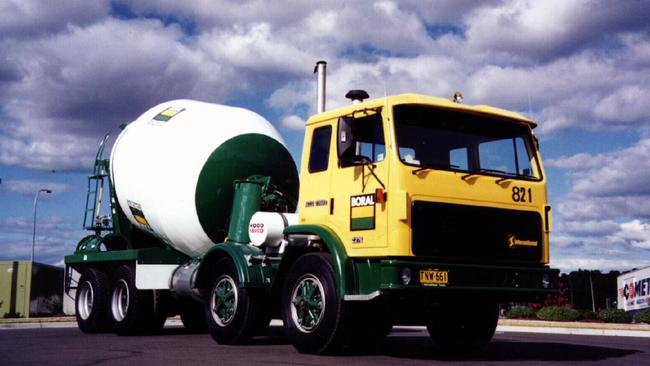
Chief executive Zlatko Todorcevski said limits around the joint venture arrangement with US Gypsum and the big offer price were the key reasons for the $1.4 billion asset sale it announced on Tuesday.
Reality is Asian investments are often joint venture deals and as a reason to sell they fall more into the category of excuses and once again an Australian company has abandoned a long standing investment on its doorstep, in the fastest-growing region in the world.
It is eight years since the Gillard Government released the Australia in the Asian Century whitepaper and it seems most big companies have long ago forgotten the benefits at their doorstep.
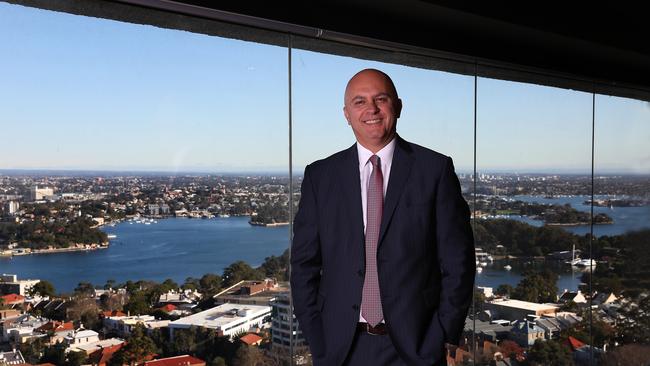
Todorcevski said the joint venture was heavily weighted towards mature markets like South Korea but the $540 million profit on the sale was achieved for a reason.
There is genuine upside in Asia which is now going to be exclusively enjoyed by the US partner.
Activist shareholders including Seven and Tanarra had pushed for a sale of the US business but Todorcevski said no banker was yet involved in either the review or ready for any asset sales.
The upside is that he is just playing it smart and doesn’t want to be seen as a forced seller but if the assets are still under Boral’s control in six months time the old slow Boral rules will be in play.
The company is however committed to its fly ash business which was a personal favourite of former boss Mike Kane.
Todorcevski said “we are not committed to selling the US assets.”
This is also a negative against outgoing chair Katherine Fagg who will step down next year and be replaced by former CSR boss Rob Sindel.
There were sizeable protest votes against both Fagg and Paul Rayner who were re-elected but are committed to leave next year for continuity reasons.
In his first quarter update Todorcevski as expected painted a weak review of Australian operations but with signs of life.
Todorcevski played down concerns at the lack of action in the US but the danger bells are ringing.
Trust in Artificial Intelligence
Most Australians are ambivalent in their trust in artificial intelligence (AI) which in itself may slow the uptake of the technology to everyone’s cost.
That is a key concern in a KPMG University of Queensland survey into public attitudes to AI which is a wake up call to companies who want to use it more to help explain AI better.
The survey out Wednesday in a report called Trust in Artificial Intelligence is a welcome boost to the debate.
While many understand that data is the key driver of global commerce, few give it much more thought as they hand across supermarket loyalty cards and through internet searches and using their mobile phone fill the data needs of big companies.
The fact Google pays Apple $16bn a year to ensure its search service is the default on Apple computers tells you how much the company thinks the data is worth.
The federal government is keen to ensure consumers understand the value of their data and hopes to use consumer data right legislation as a key competitive tool first in banking then energy and other markets by allowing consumers to use their data to help a competitor provide them with better service.
Artificial intelligence is defined as a machine that does things a brain can do and kit does so because it is fed the data.
The KPMG survey showed 61 per cent of consumers know little about AI and how it is used, 42 per cent accept it but only 16 per cent approve of it.
UQ Professor Nicole Gillespie said the study was “the first deep dive into trust in AI with the aim of closing the gap”.
“Trust in AI is central to its acceptance,” she added.
The survey showed:
- only one in three Australians are willing to trust AI
- 45 per cent are unwilling to share their data with an AI system
- 42 per cent generally accept AI, but only 25 per cent approve or embrace it
- 96 per cent expect AI to be regulated with the majority expecting government oversight; but 86 per cent want to know more about AI.
Bring back city-based events
Audio Visual Dynamics boss Peter Worth like many Melbourne small business people was pleased with the state government’s step out of Covid lockdown but the reality for his business is it will be next year before he starts earning much money again.
Last year he handled some 10,000 events for companies in the state and around the country but this year it‘s been more like a handful and December/January are traditionally quiet months.
The controls are also still there on the number of people who can meet indoors and if you can’t get people back to the office you are not about to run a conference for several hundred indoors.
There are some upsides, Bendigo’s Marnie Baker noted a local real estate agent confided he had handled more inbound interest this month than he has for all of last year as living in the regions becomes more and more attractive.
She did say that customers with loan deferrals have fallen from a peak of 25,000 to 6796, or from $7bn in June to $2.5bn.
There is still a problem rump to work through even though Baker said the increased confidence was encouraging.
St Kilda optometrist Elizabeth Vidor is obviously pleased with retail opening again but Covid means every time someone tries on a glasses frame it needs to be sanitised again.
The kicker for small business is the extra employment costs at a time when their workers are also seeing JobKeeper slashed from $1500 a fortnight to $1200 and soon $1000.
Audio Visual Dynamics’ Worth in normal time employs 120 full and part-time staff and is now down to 60 full time who are valued members, but if he holds a training session that is treated as work which means superannuation, long service and holiday entitlements.
For a small business employer it’s an ongoing cost issue before you even get to the worst costs having to say goodbye to someone and then pay the redundancies.
Most of all it comes down to confidence and while Victorian Premier Daniel Andrews has made a step in the right direction there is a long way back.
EY by example still has zero people in its Melbourne office including boss Tony Johnson, has just 40 per cent of Sydney back at work, 80 per cent in Perth and 75 per cent in Brisbane.
Melbourne is yet to face that test of people learning to trust public transport again, reluctant to battle the city crowds and the traffic while also enjoying the flexibility of work from home.
None of which is bullish for city-based events management and hospitality sectors.
Bring it on
The proposed digital bargaining code is now with Treasury and the Communications Department with the ACCC having completed its policy work.
Communications Minister Paul Fletcher said it will be introduced into parliament before the year is out.




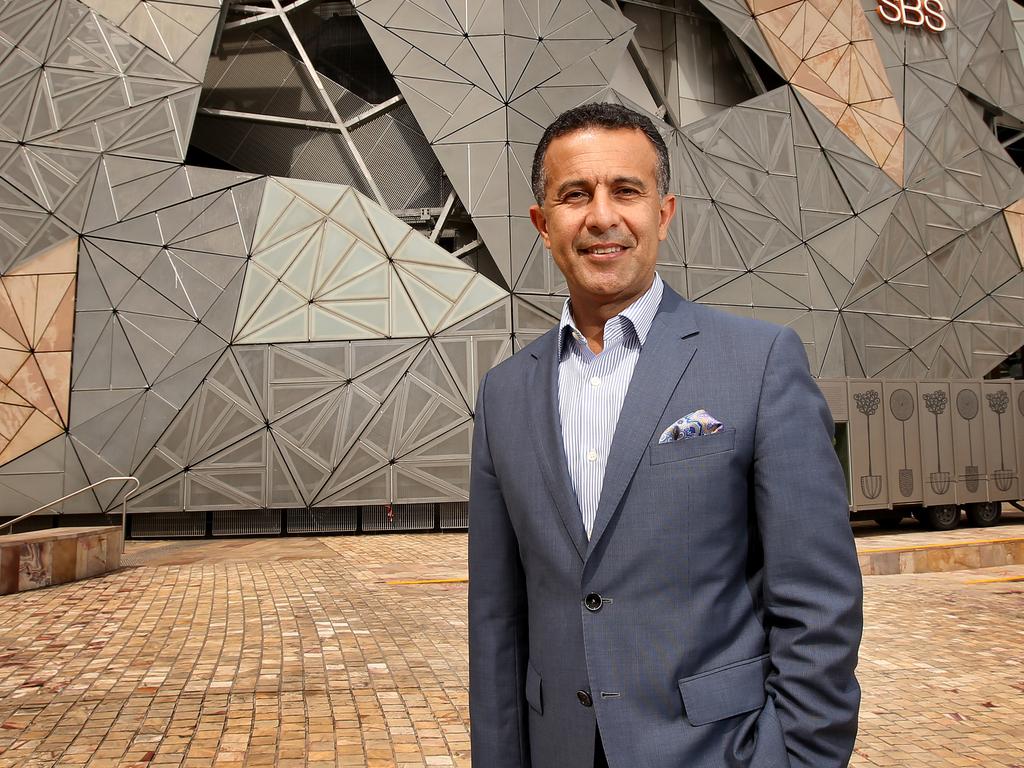

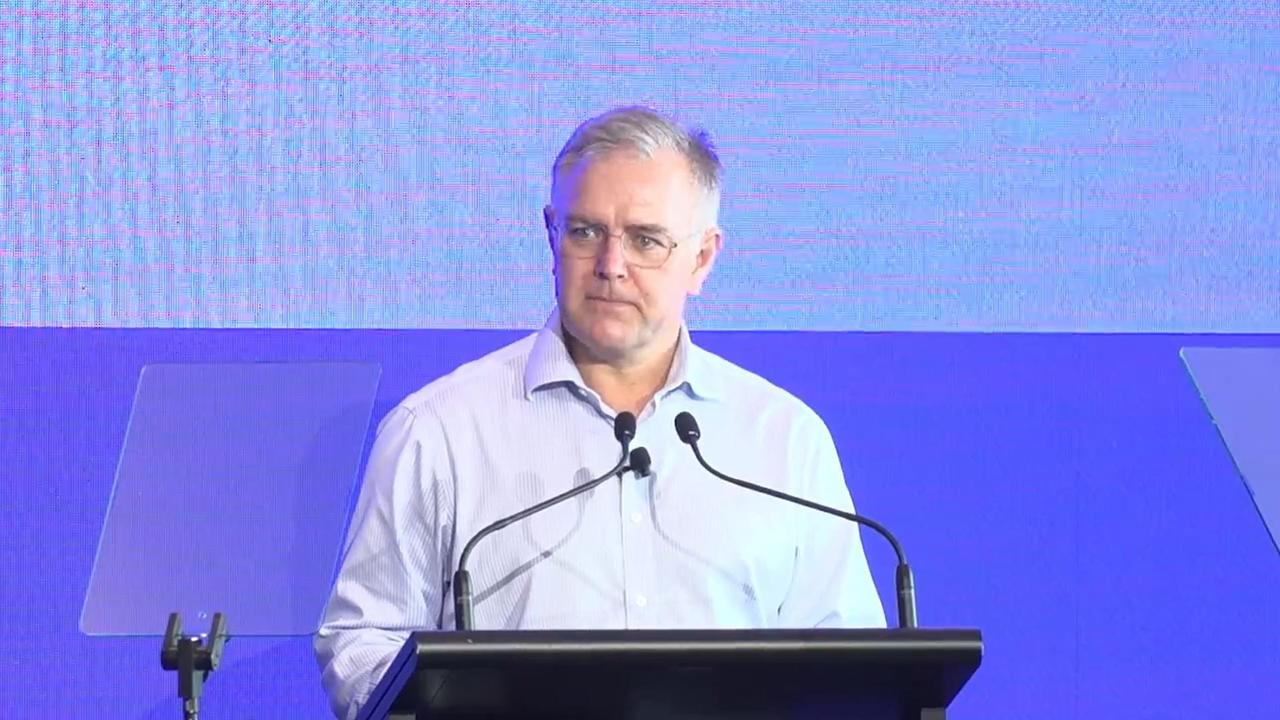
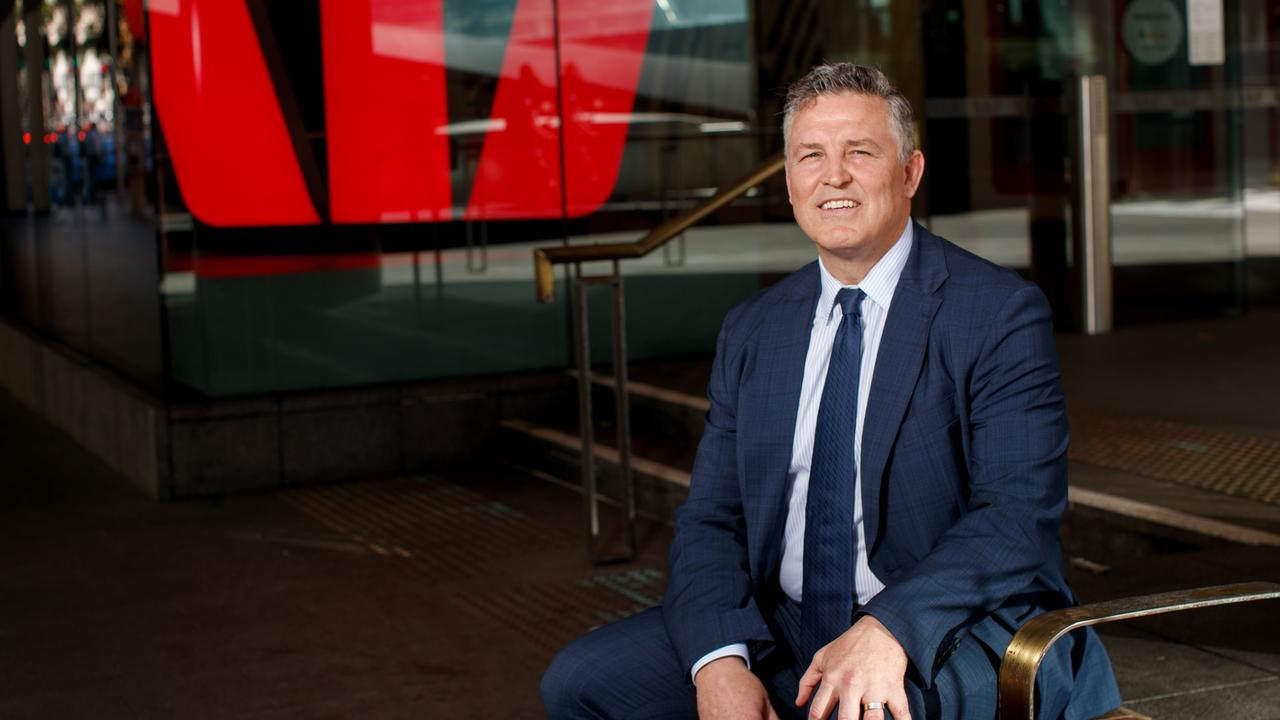
Boral has joined the sorry list of Australian companies exiting Asia while also staying well clear of commitments on any US asset sales ahead of further investigations.